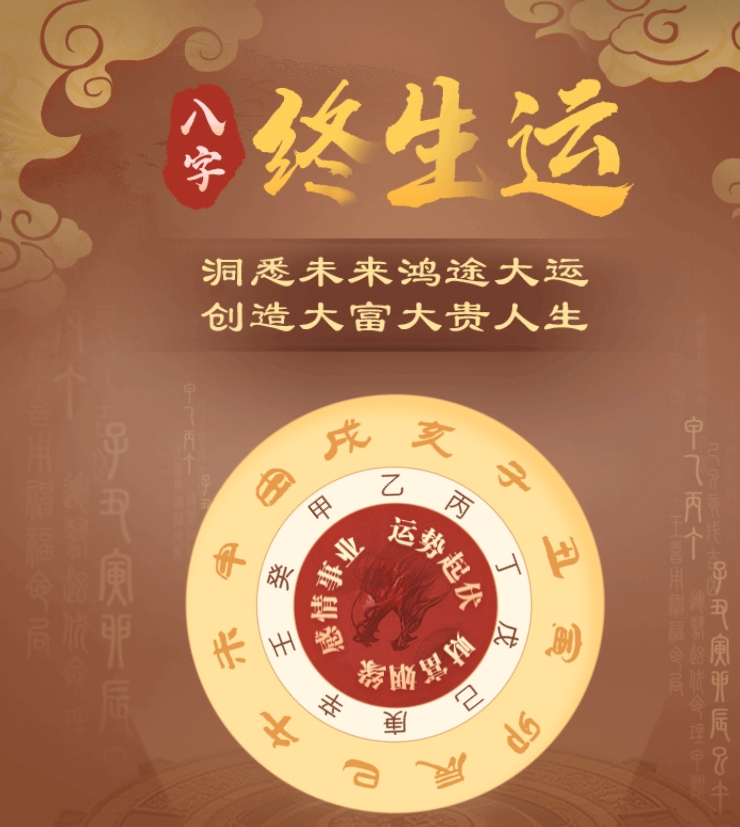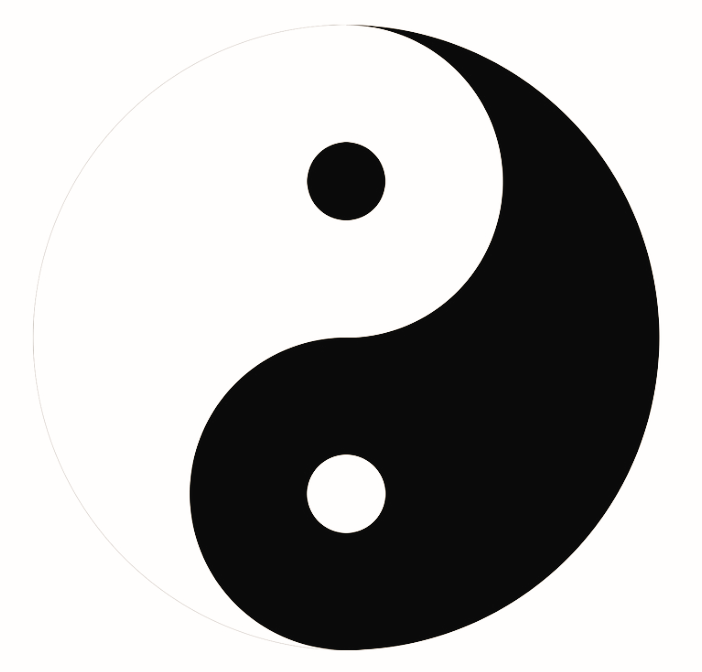The Complete Guide to Saying "December 25th" in English
When it comes to expressing dates in English, December 25th holds special significance as Christmas Day. The most natural way to say this date in conversation is "December twenty-fifth" or "the twenty-fifth of December." In written form, you'll typically see it as "December 25" or "25 December" depending on whether you're using American or British English conventions. Americans usually put the month first (December 25), while British English tends to put the day first (25 December). Both versions are correct, but consistency within a document is important.
December 25th isn't just another date on the calendar it's deeply embedded in Western culture as Christmas Day. This date has been celebrated as the birthday of Jesus Christ since the 4th century, though historians debate whether this was his actual birth date. What's fascinating is how December 25th became associated with winter solstice celebrations in many ancient cultures before Christianity. The Romans celebrated Saturnalia, while Nordic cultures observed Yule around this time. Today, December 25th remains one of the most widely recognized dates globally, even in non-Christian countries where it's often celebrated as a secular holiday.
Modern celebrations of December 25th fall into two main categories: religious and secular. Christian observances typically include:
Secular celebrations might feature:
The way people refer to December 25th varies slightly across English-speaking nations. In the United States, you'll most commonly hear "Christmas Day" or simply "Christmas." Australians might call it "Chrissy" in informal settings, while Brits sometimes refer to it as "Christmas Day proper" to distinguish it from Boxing Day on December 26th. In Ireland, you might hear "the Christmas" used in phrases like "I'll see you at the Christmas." These subtle differences reflect how language evolves within cultural contexts.

Historical documents reveal fascinating details about how December 25th has been referenced through time. The earliest recorded celebration of Christmas on December 25th was in 336 AD during the time of Roman Emperor Constantine. Medieval manuscripts often referred to it as "the Nativity of Our Lord." By the 19th century, Charles Dickens' A Christmas Carol helped popularize the modern English term "Christmas" for December 25th. The Oxford English Dictionary's first citation of "Christmas Day" dates to the 11th century, showing remarkable linguistic continuity.
The pronunciation of "December 25th" and "Christmas" varies interestingly across English dialects. Received Pronunciation (British English) tends to articulate both syllables in "Christmas" clearly (/ˈkrɪsməs/), while American English often reduces it to something closer to "krismuss." Regional American dialects show even more variation some Southern speakers might say "Chrissmus," dropping the "t" sound entirely. Australian English frequently shortens it to "Chrissy" in informal contexts. These pronunciation differences don't affect understanding but add colorful variety to the English language.
Several fixed phrases in English specifically reference December 25th. "Christmas morning" always means the morning of December 25th, carrying connotations of excitement and gift-giving. "Christmas dinner" refers to the special meal eaten that afternoon or evening. "Christmas Eve" means December 24th, the night before Christmas. The phrase "on Christmas" means specifically on December 25th ("We open presents on Christmas"), while "at Christmas" refers more generally to the holiday season ("We travel at Christmas"). Understanding these subtle distinctions helps non-native speakers use the terms naturally.
The context determines how formally we refer to December 25th. In legal or business documents, you'd use the full date: "The office will be closed December 25, 2025." Journalistic style often uses "December 25" or "Dec. 25" in headlines. Informal writing might say "Christmas Day" or just "Christmas." Greeting cards typically say "Merry Christmas!" without needing to specify the date. Academic writing about the holiday would use "December 25th" or "25 December" depending on the style guide. Knowing which form to use shows linguistic sophistication.
The word "Christmas" comes from the Old English "Cristes mæsse," meaning "Christ's mass." This evolved into "Christemasse" in Middle English before becoming "Christmas." The abbreviation "Xmas" isn't modern it dates back to the 16th century, using the Greek letter X (chi) as an abbreviation for Christ. "Noel" entered English from French, ultimately deriving from Latin "natalis" meaning birth. "Yule" comes from Old Norse "jól," referring to the winter solstice festival. These linguistic roots reveal how December 25th has accumulated meanings across cultures and centuries.

References to December 25th permeate English-language media. Countless Christmas songs mention "Christmas Day" specifically, from traditional carols to modern pop hits. Films like Christmas Vacation and A Christmas Story depict quintessential December 25th experiences. News media uses specific phrasing like "this Christmas" (meaning the upcoming December 25th) versus "last Christmas" (the previous one). Advertising carefully times references to "Christmas sales" or "Christmas delivery deadlines" based on this date. This cultural saturation ensures most English speakers encounter multiple December 25th references annually.
Non-native English speakers often make predictable errors when referencing December 25th. Some say "the 25th December" instead of the more natural "December 25th" or "25th of December." Others confuse "Christmas" (the day) with "Christmastime" (the season). Preposition errors are common too we say "on Christmas Day" not "in Christmas Day." Some mistakenly capitalize seasonal terms like "winter" when they're not directly replacing "Christmas." Even native speakers sometimes write "Dec. 25th" with both the abbreviation and ordinal suffix, which is redundant. Awareness of these pitfalls helps achieve natural usage.
In professional communication, references to December 25th require particular care. Human resources documents might specify "Christmas Day (December 25) will be observed as a company holiday." Retail businesses often use phrases like "Christmas hours" or "Christmas closures" in signage. International companies must consider that while December 25th is a holiday in Christian-majority countries, it's a regular workday elsewhere. Email autoresponders might say "Our office is closed for Christmas and will reopen December 26." Legal contracts sometimes specify "excluding Christmas Day" when defining business days. Precise language prevents misunderstandings.
References to December 25th carry significant economic weight. Retailers carefully time their "Christmas sales" to peak before this date, knowing consumer behavior changes dramatically after December 25th. The phrase "Christmas shopping season" refers to the period between Thanksgiving and December 25th in the U.S. Airlines advertise "Christmas flights" meaning travel occurring around December 25th. The term "Christmas bonus" implies payment timed to the holiday. Even the stock market references "the Christmas rally a historical tendency for prices to rise in December. These economic terms all hinge on precise understanding of the December 25th reference point.

Literary references to December 25th range from the sacred to the profane. Scholarly articles might use the formal "25 December" when discussing historical events. Literature reviews could analyze how different authors depict Christmas Day experiences. Comparative religion papers might contrast December 25th celebrations across faiths. Historical research often cites primary sources dating events to "Christmas 1642" or similar formulations. Anthropological studies examine December 25th rituals cross-culturally. In all cases, precise dating terminology matters, whether using "Christmas Day," "December 25th," or "25 December" based on the discipline's style guide.
ESL instructors face specific challenges teaching December 25th references. Students must learn that "Christmas" can mean both the religious holiday and the secular cultural event. Lessons often contrast "Christmas" with "Xmas," explaining the latter's Greek roots but potential to offend. Teachers demonstrate how "on Christmas" differs from "at Christmas." Pronunciation drills practice the "kr" cluster in "Christmas" difficult for some language groups. Cultural lessons explain why some people say "Happy Holidays" instead of "Merry Christmas." Roleplays might simulate December 25th-related scenarios like gift-giving or meal invitations. Mastery of these terms signifies advanced English cultural competence.
Language evolves, and how we refer to December 25th continues changing. Some observe that "Happy Holidays" is supplanting "Merry Christmas" in multicultural societies. The rise of digital communication has spawned abbreviations like "Xmas" in texts and tweets, despite objections. Globalization means December 25th references now appear in contexts far removed from Christian tradition, like Japanese "Kurisumasu" celebrations. Climate change discussions introduce new phrases like "green Christmas" for snowless December 25ths. As English spreads globally, December 25th terminology adapts to new cultural contexts while retaining its core seasonal meaning. The future will likely bring both continuity and innovation in how we name this significant date.